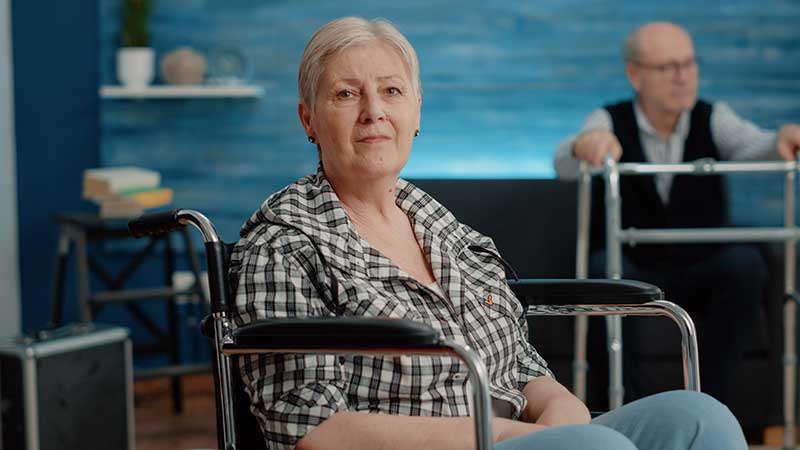As we age, our bodies endure a variety of changes that render us more susceptible to certain diseases. It is essential to be aware of the most prevalent health issues encountered by the elderly so that we can take proactive measures to manage and prevent them. In this blog, we will discuss prevalent health issues affecting older citizens and strategies for promoting their health.
Chronic Pain
Chronic pain is a common health issue among the elderly. Arthritis, back pain, and neuropathy can have a significant impact on their daily existence. Managing chronic pain frequently necessitates a multifaceted approach, including medications, physical therapy, and alternative treatments such as acupuncture and mindfulness techniques. It is essential to consult with healthcare professionals in order to develop a personalized pain management plan and investigate interventions that will improve quality of life.
Heart and Blood Vessel Disorders
For the elderly, heart diseases such as coronary artery disease, hypertension, and heart failure are a significant concern. Poor diet, sedentary behaviors, and smoking are lifestyle factors that contribute to these conditions. Adopting heart-healthy behaviors, such as regular exercise, a balanced diet, and quitting smoking, can reduce the risk of cardiovascular diseases. In addition, regular checkups and adherence to prescribed medications are necessary for early detection and effective treatment.
Dementia and Cognitive Decline
Cognitive decline, including Alzheimer’s disease and other forms of dementia, presents seniors with significant challenges. Memory loss, perplexity, and difficulties with daily tasks have a negative impact on their independence and general health. Engaging in mentally stimulating activities, sustaining social ties, and consuming a diet rich in fruits, vegetables, and omega-3 fatty acids may promote brain health. Regular cognitive evaluations and the assistance of healthcare professionals and caregivers can aid in early diagnosis, intervention, and the maintenance of a safe and supportive environment.
Falls and Fractures
Falls are the primary cause of injury among the elderly, and they frequently result in fractures and other complications. Reduced balance, weakened muscles, and impaired vision increase the risk of falling. Creating a secure living environment by eliminating hazards and installing grab bars can help prevent falls. Also advantageous are regular exercise regimens that emphasize strength, balance, and flexibility. In addition, adequate calcium and vitamin D intake, along with bone density examinations, can help identify and treat osteoporosis, thereby lowering the risk of fractures.
Depression and Isolation
Are common mental health issues faced by older individuals. Loss of loved ones, limited mobility, and retirement can all contribute to feelings of isolation and melancholy. Encouragement of social engagement through community activities, organizations, and support groups can aid in the fight against isolation. Regular check-ins by family, friends, or caregivers are essential for identifying depression and providing emotional support. Professionals in mental health can provide therapy or counseling, and in some cases medication may be required to effectively treat depression.
Conclusion
By recognizing and addressing the prevalent health issues of the elderly, we can enable them to live more fulfilling and healthier lives. Through a combination of preventative measures, such as regular medical checkups, adopting healthy lifestyle practices, and providing social support, we can promote their overall health and improve their quality of life in their golden years. Let us seize the chance to support and care for our senior relatives.



